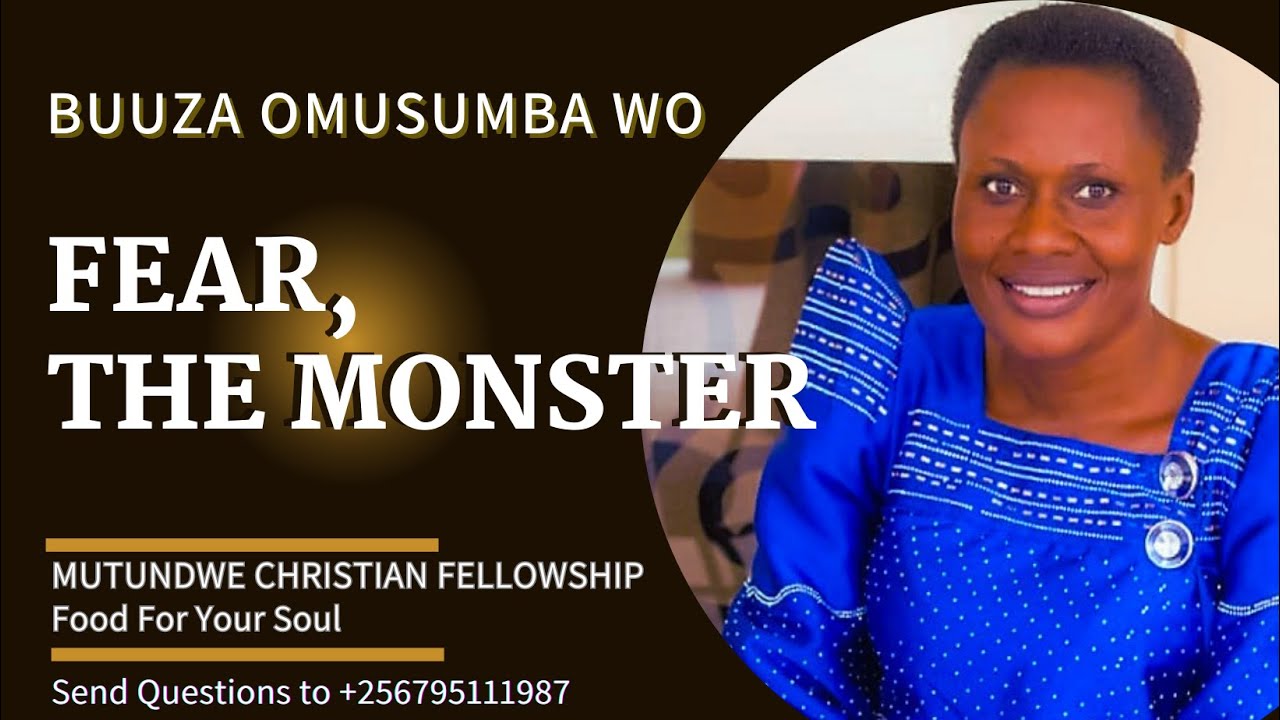
Fear the Monster: Understanding and Overcoming Intimidation in Life
The phrase “fear the monster” often conjures images of mythical beasts and terrifying creatures from folklore. However, in reality, the monsters we face are often internal or metaphorical, representing the anxieties, challenges, and intimidating figures that loom large in our lives. This article delves into the multifaceted nature of fear, exploring how these metaphorical monsters manifest, the psychological impact they have, and practical strategies for confronting and ultimately overcoming them.
The Many Faces of the Monster
The concept of a “monster” is subjective and varies greatly from person to person. For some, the monster might be a demanding boss, a toxic relationship, or the overwhelming pressure to succeed. For others, it could be internal struggles such as self-doubt, anxiety, or the fear of failure. Understanding the specific form your monster takes is the first crucial step in confronting it.
External Monsters
External monsters are those that exist outside of ourselves, often taking the form of challenging situations or difficult people. These can include:
- Authoritative Figures: A strict teacher, a demanding parent, or a micromanaging supervisor can all embody the “monster” figure. Their power and influence can create feelings of anxiety and intimidation.
- Toxic Relationships: Individuals who consistently undermine, manipulate, or belittle you can be incredibly damaging to your self-esteem and mental well-being. These toxic relationships are monsters in disguise.
- Uncertainty and Change: Major life changes, such as job loss, relocation, or relationship breakdowns, can feel overwhelming and monstrous due to the uncertainty and instability they bring.
Internal Monsters
Internal monsters are those that reside within our own minds. These are often more insidious and challenging to combat because they stem from our own thoughts and beliefs. Common internal monsters include:
- Self-Doubt: The constant questioning of one’s abilities and worth can be a crippling monster, preventing individuals from pursuing their goals and reaching their full potential.
- Anxiety: Excessive worry and fear about future events or past experiences can manifest as a pervasive monster, impacting daily life and overall well-being.
- Fear of Failure: The paralyzing fear of not meeting expectations or of making mistakes can prevent individuals from taking risks and pursuing opportunities. This fear the monster mindset holds many people back.
- Imposter Syndrome: The feeling of being a fraud or not deserving of one’s accomplishments, despite evidence to the contrary, can be a persistent and undermining monster.
The Psychological Impact of Fear
Living in a constant state of fear the monster can have significant negative impacts on both mental and physical health. The chronic stress associated with fear and anxiety can lead to a range of problems, including:
- Increased Anxiety and Depression: Constant exposure to fear can exacerbate existing anxiety disorders and contribute to the development of depression.
- Sleep Disturbances: Worry and anxiety can disrupt sleep patterns, leading to insomnia and other sleep-related problems.
- Weakened Immune System: Chronic stress weakens the immune system, making individuals more susceptible to illness.
- Physical Symptoms: Fear and anxiety can manifest in physical symptoms such as headaches, stomachaches, muscle tension, and fatigue.
- Avoidance Behaviors: In an attempt to avoid the source of their fear, individuals may engage in avoidance behaviors, which can further limit their experiences and opportunities.
Strategies for Confronting the Monster
While the prospect of confronting your monster may seem daunting, it is essential for personal growth and well-being. Here are several strategies for facing your fears and reclaiming control:
Acknowledge and Identify the Fear
The first step in overcoming fear the monster is to acknowledge its existence and identify its specific form. What exactly are you afraid of? What triggers your anxiety? Once you can name your monster, you can begin to understand its power over you.
Challenge Negative Thoughts
Often, our fears are fueled by negative and irrational thoughts. Challenge these thoughts by asking yourself if they are based on facts or assumptions. Are there alternative perspectives to consider? Cognitive Behavioral Therapy (CBT) techniques can be particularly helpful in identifying and challenging negative thought patterns. [See also: Cognitive Restructuring Techniques]
Break Down the Problem
Overwhelming problems can often feel monstrous. Break down large tasks or challenges into smaller, more manageable steps. This makes the overall goal seem less daunting and allows you to experience a sense of accomplishment as you complete each step.
Seek Support
You don’t have to face your monsters alone. Talk to trusted friends, family members, or a therapist. Sharing your fears and anxieties can provide emotional support and offer valuable perspectives. A therapist can also provide guidance and support in developing coping strategies. [See also: Benefits of Therapy]
Practice Self-Care
Taking care of your physical and mental well-being is crucial when facing your fears. Engage in activities that help you relax and de-stress, such as exercise, meditation, or spending time in nature. Prioritize sleep, healthy eating, and regular physical activity. When you fear the monster, self-care becomes even more critical.
Gradual Exposure
For some fears, gradual exposure can be an effective strategy. This involves gradually exposing yourself to the source of your fear in a controlled and safe environment. For example, if you have a fear the monster of public speaking, you might start by practicing in front of a small group of friends before speaking to a larger audience. This gradual approach allows you to build confidence and reduce anxiety over time.
Develop Coping Mechanisms
Identify and practice coping mechanisms that help you manage anxiety and stress. These might include deep breathing exercises, mindfulness techniques, or visualization exercises. Having these tools at your disposal can help you stay calm and focused when facing your fears. When you fear the monster, having coping mechanisms is essential.
Reframe Your Perspective
Try to reframe your perspective on the situation. Instead of viewing the challenge as a threat, try to see it as an opportunity for growth and learning. Focus on the potential benefits of overcoming your fear, such as increased confidence, resilience, and a greater sense of self-efficacy. Remember that fear the monster can be a powerful motivator if channeled correctly.
Celebrate Small Victories
Acknowledge and celebrate your progress, no matter how small. Each step you take towards confronting your fear is a victory worth celebrating. This helps to build momentum and reinforce your belief in your ability to overcome challenges. Don’t let fear the monster overshadow your achievements.
Embracing the Challenge
Ultimately, learning to fear the monster less is about embracing the challenges that life throws our way. It’s about recognizing that fear is a natural emotion, but it doesn’t have to control us. By understanding the nature of our fears, developing effective coping strategies, and seeking support when needed, we can transform our monsters into opportunities for growth and self-discovery. The goal isn’t to eliminate fear entirely, but to learn to manage it effectively and prevent it from holding us back from living fulfilling lives. Recognizing that you fear the monster is the first step toward conquering it.
So, the next time you fear the monster, remember that you have the power to confront it. By acknowledging your fears, developing coping strategies, and seeking support, you can transform your monsters into opportunities for growth and self-discovery. Don’t let fear the monster define you; instead, define yourself by your courage and resilience.
Overcoming fear the monster is a continuous process, but with perseverance and self-compassion, you can learn to navigate the challenges of life with greater confidence and resilience. Embrace the journey, celebrate your victories, and remember that you are stronger than you think.

